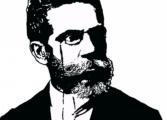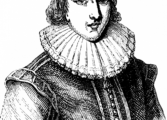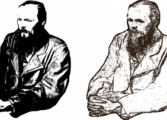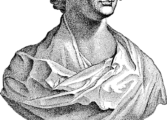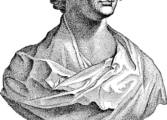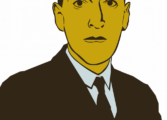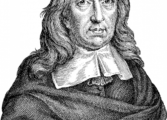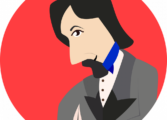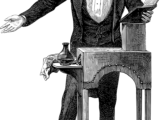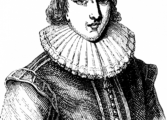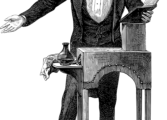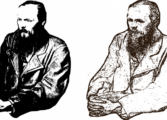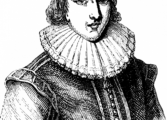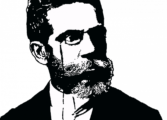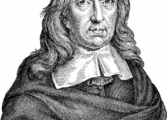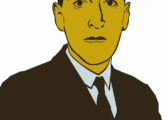Franz Kafka: A Deep Dive into the World of One of Literatures Most Enigmatic Figures
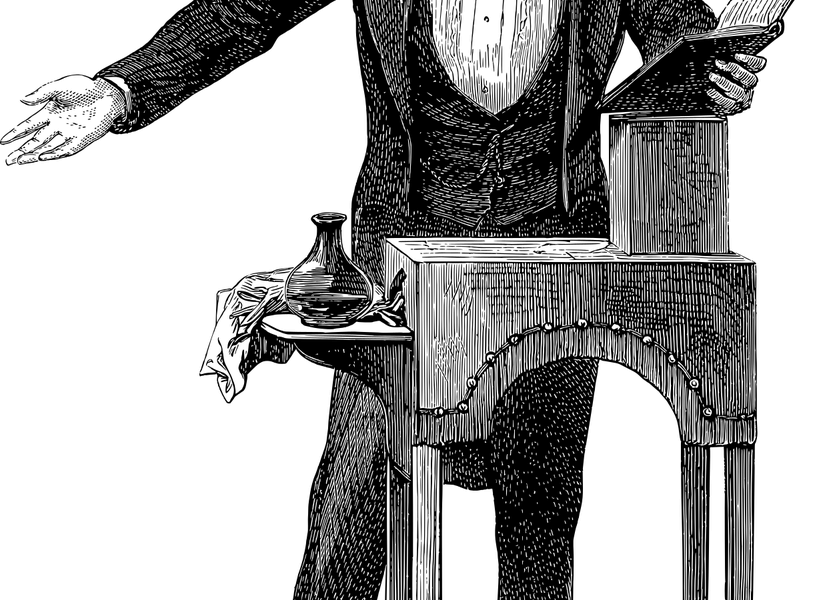
Introduction:
Franz Kafka, a name synonymous with existential angst and psychological turmoil, is undoubtedly one of the most influential and intriguing figures in literature. His works, often characterized by their surreal and nightmarish qualities, have captivated readers for generations. In this article, we will explore the life and evolution of Franz Kafka, shedding light on his unique writing style, themes, and lasting impact on literature and art.
Section 1: The Life and Works of Franz Kafka
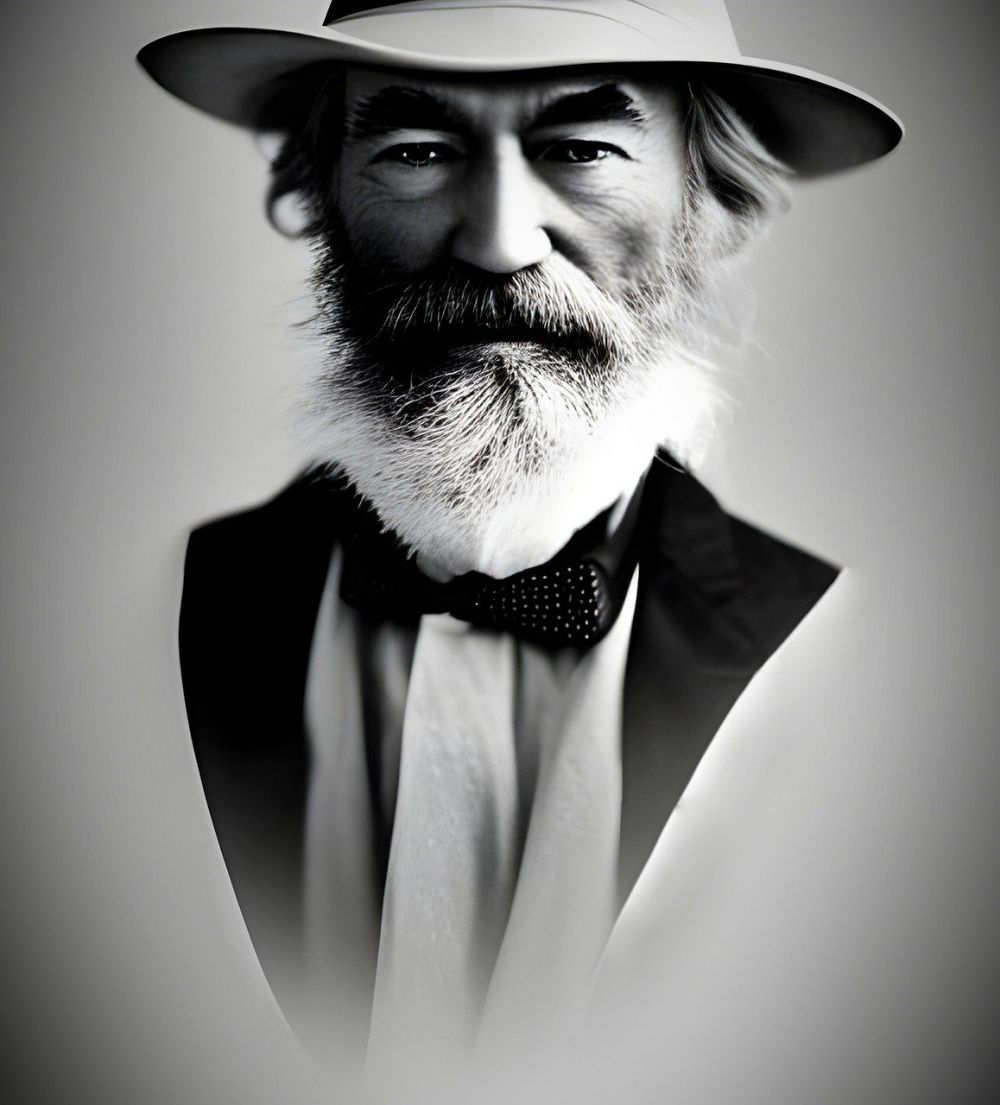
Franz Kafka was born on July 3, 1883, in Prague, which was then part of the Austro-Hungarian Empire. Kafka came from a middle-class Jewish family and had a complex and strained relationship with his father, which would later manifest in much of his writing. Kafka studied law at the University of Prague and began working for an insurance company, a job that he held for most of his adult life.
However, it was his writing that truly consumed Kafka. He published only a few stories during his lifetime and instructed his friend, Max Brod, to burn the rest after his death. Thankfully, Brod ignored Kafka’s wishes and published his works posthumously. Kafka’s most renowned novels, including “The Trial,” “The Castle,” and “Amerika,” delve into themes of alienation, bureaucracy, and the absurdity of existence. These works, along with his shorter stories, showcase Kafka’s distinctive style characterized by its sparse language, labyrinthine narratives, and exploration of the human psyche.
Section 2: The Evolution of Kafka’s Literary Career
Kafka’s literary journey began slowly, with his early writings remaining largely unpublished. It was not until 1912 when “The Judgment,” a short story that explores themes of guilt and paternal domination, was published, marking the beginning of Kafka’s rise to literary prominence. Subsequently, he published several other stories that showcased his unique literary voice, but it was his first novel, “The Trial,” published posthumously in 1925, that solidified his place in literary history.
“The Trial” tells the story of Josef K., a man who finds himself trapped within a nightmarish judicial system that he cannot comprehend. This novel, like Kafka’s other works, delves into themes of bureaucracy, guilt, and the absurdity of human existence. Kafka’s writing style, characterized by its disjointed and ambiguous narrative structure, draws readers into a world that reflects the confusion and alienation often felt by individuals within modern society.
Kafka’s later works, such as “The Castle,” published posthumously in 1926, and “Amerika,” published in 1927, further solidify his status as a master of existential fiction. “The Castle” follows the protagonist, known as K., as he attempts to gain access to a mysterious castle that seems to hold immense power and authority over the village below. “Amerika” tells the story of a young immigrant who, after being banished by his parents, travels to America in search of a better life. These novels, like Kafka’s earlier works, explore themes of alienation, societal oppression, and the struggle to find meaning in an absurd world.
Section 3: Kafka’s Lasting Influence on Literature and Art
Franz Kafka’s impact on literature cannot be overstated. His works have been a cornerstone of the existential and absurdist literary movements, inspiring countless authors and artists to explore the depths of human consciousness and the inherent absurdity of life. Writers such as Albert Camus, Samuel Beckett, and Gabriel Garcia Marquez were heavily influenced by Kafka’s unique style and themes, incorporating elements of his writing into their own works.
Kafka’s influence has extended beyond the realm of literature, permeating various art forms such as film, theater, and visual arts. His works have inspired adaptations, interpretations, and reimaginings in numerous films, including Orson Welles’ critically acclaimed adaptation of “The Trial” in 1962. Additionally, Kafka’s exploration of the human psyche and themes of alienation and oppression have found resonance in contemporary art, with artists such as Salvador Dali and Rene Magritte drawing inspiration from his works.
In conclusion, Franz Kafka, with his enigmatic persona and thought-provoking writings, continues to captivate audiences today. His exploration of themes such as alienation, bureaucracy, and the absurdity of existence transcends time and remains relevant in the modern world. Kafka’s unique literary style and his unwavering ability to delve into the depths of human consciousness have cemented his place as one of the most important figures in literature. As we delve further into Kafka’s works, we are confronted with the chaos and complexity of the human experience and are left with a profound sense of introspection.
References:
– Brod, Max. “The Diaries of Franz Kafka.” Schocken Books, 1988.
– Kafka, Franz. “The Trial.” Vintage Books, 1998.
– Kafka, Franz. “The Castle.” Schocken Books, 1998.
– Kafka, Franz. “Amerika.” Penguin Books, 2006.









